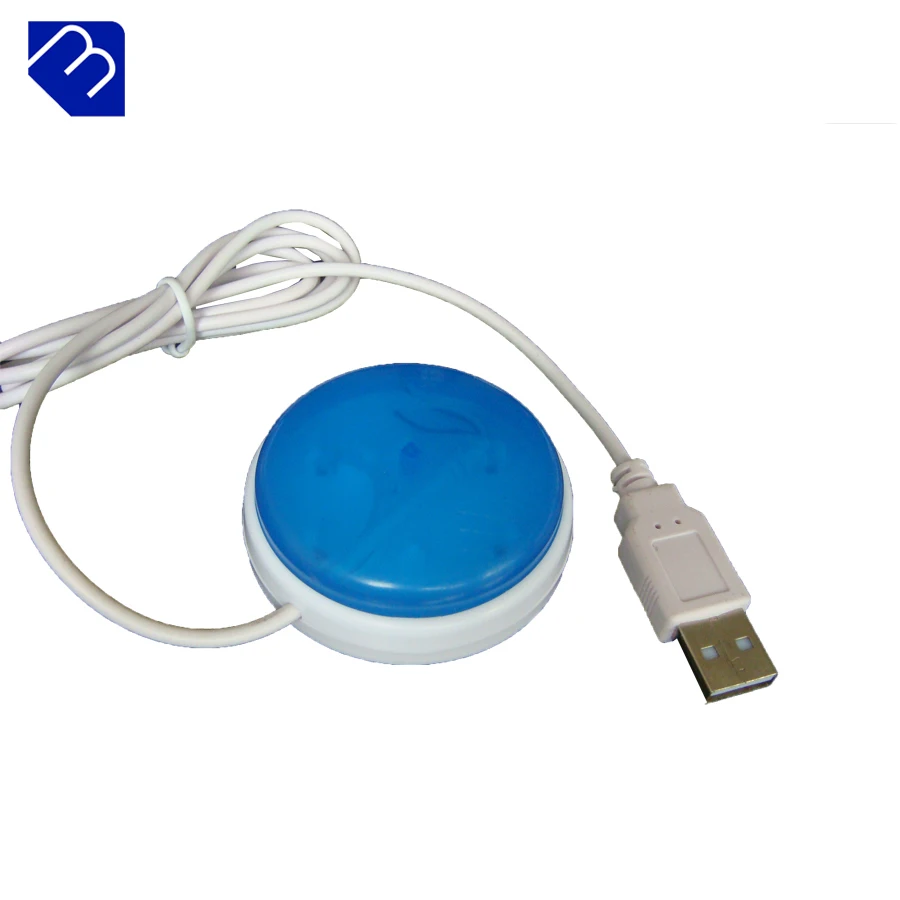
These are designed to work with CircuitPython, Adafruit's port of Python designed for low-cost microcontroller boards.
Whitepaper: Data-intensive intelligent applications in a hybrid cloud blueprintĪdafruit has created a full suite of Python libraries for most of the parts it sells. eBook: Running Kubernetes on your Raspberry Pi. Getting started with Raspberry Pi cheat sheet. The WS2811/2 class of programmable lights integrates red, green, and blue LED lights with a driver chip into a tiny surface-mounted package controlled through a single wire. I used Raspberry Pi OS Lite and set it up in a headless mode with SSH enabled. 1 – SD card with Raspberry Pi OS installed. I used red/orange for 5v power, black for ground, and yellow for data. 8 – Breadboard-to-breadboard jumper wires or solid-core 24 AWG wires. 1 – 74AHCT125 level converter chip to safely transmit Pi GPIO wire signals to 5v/10A power without feeding back to the Pi. I used blue for the Pi GPIO pin 18 and black for the Pi ground. 2 – Breadboard-to-Pi-header jumper wires. Other lights may come with a power supply. 
1 – 5v/10A AC-DC power supply for WS12811 if you use the Alitove.I used the Alitove WS2811 Addressable LED Pixel Light 50, but many other types are available. I used a Raspberry Pi Zero W with headers.

1 – Raspberry Pi with headers and an Ethernet or WiFi connection.You can set up your own light display for any occasion, thanks to the flexibility of the WS12911/2 (or NeoPixel) system, by following these directions.

I used a Raspberry Pi, a programmable light string, and Python. This past holiday season, I decided to add some extra joy to our house by setting up a DIY light display.







 0 kommentar(er)
0 kommentar(er)
